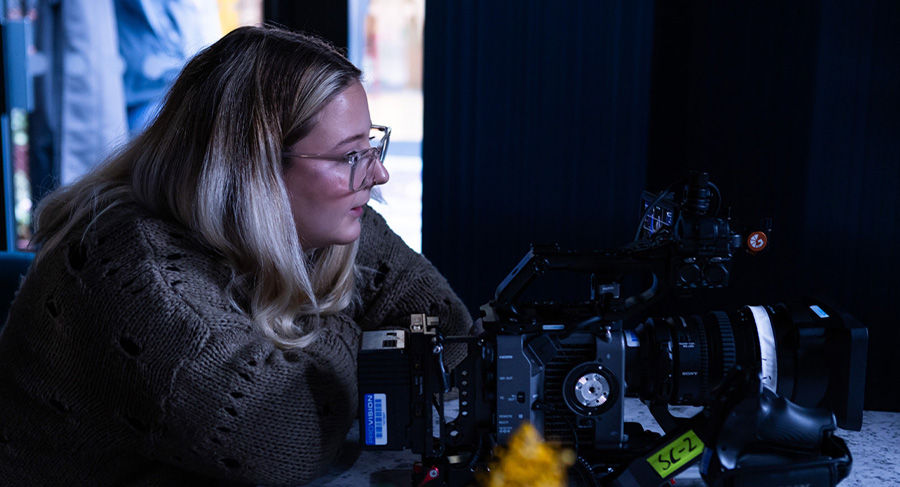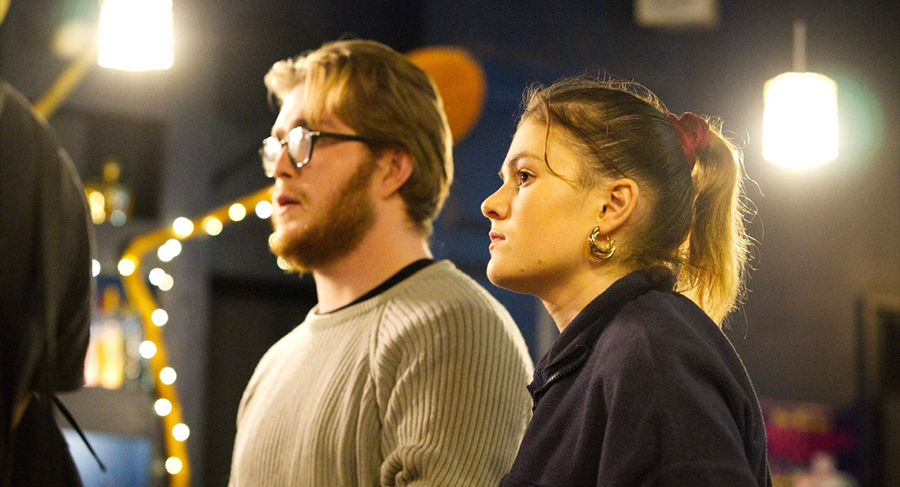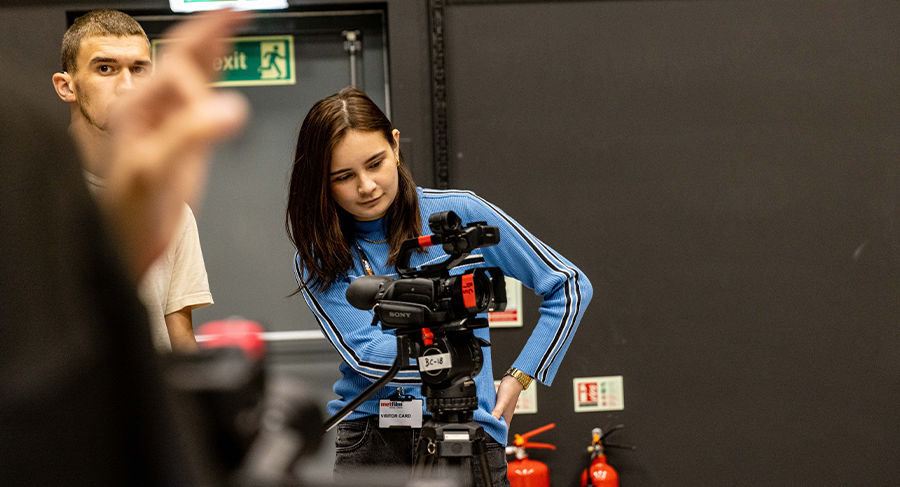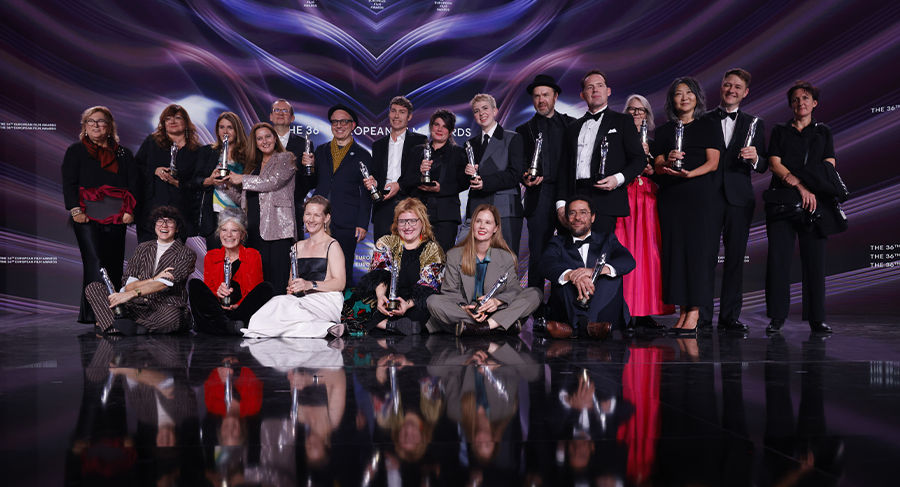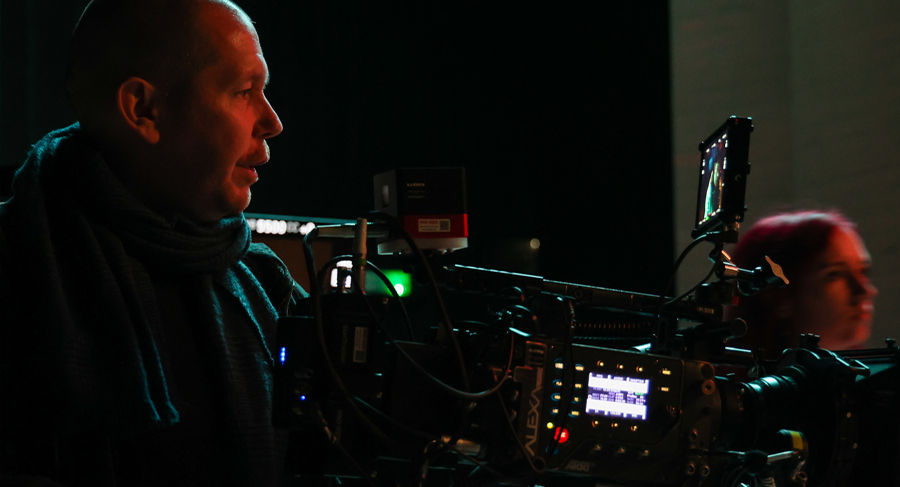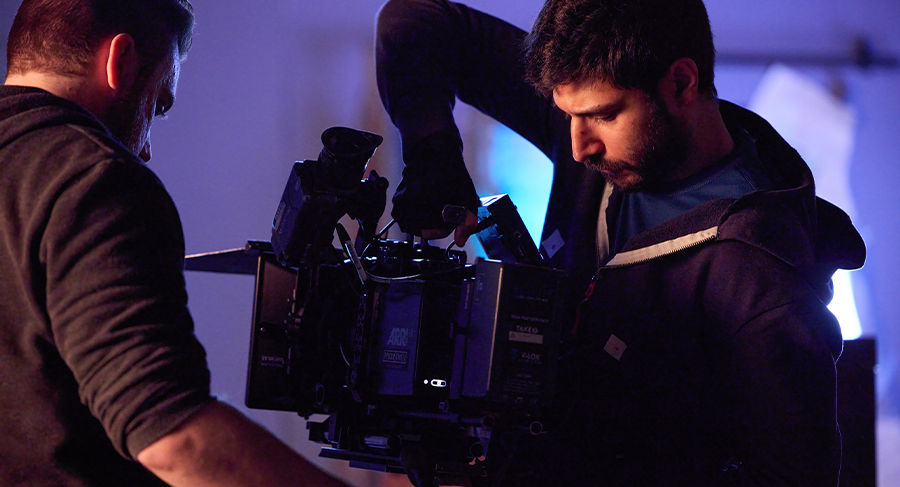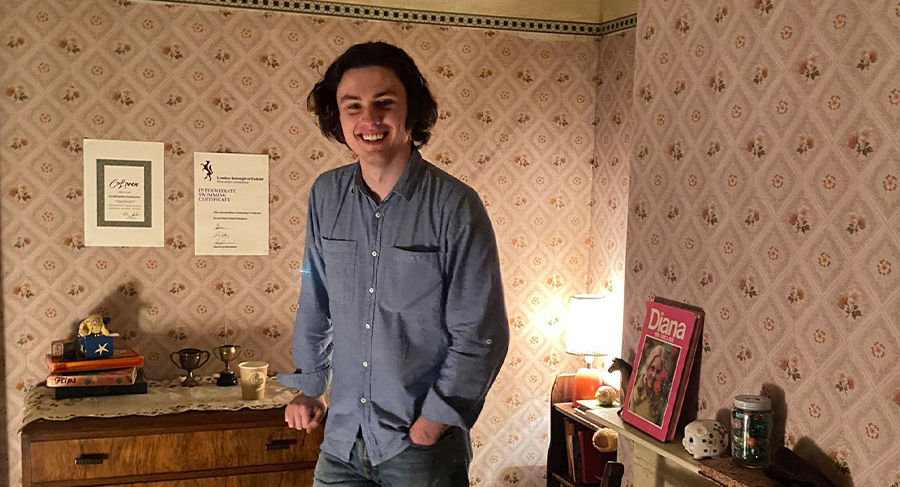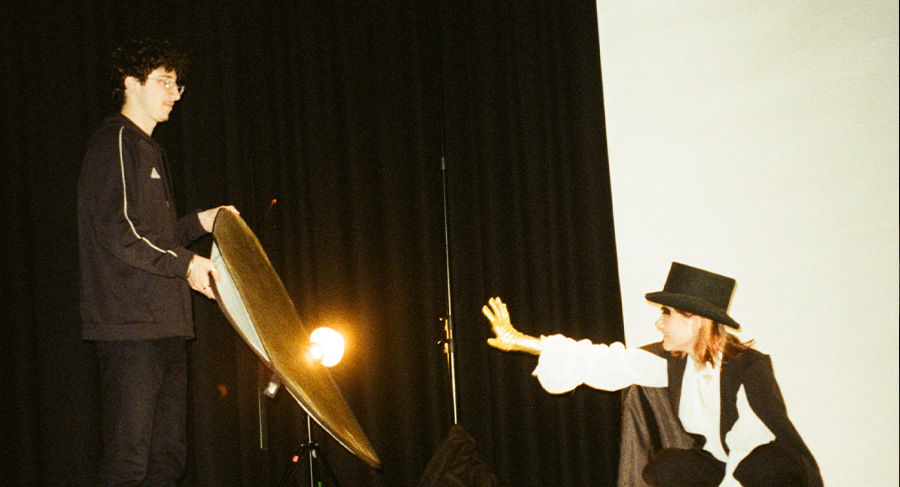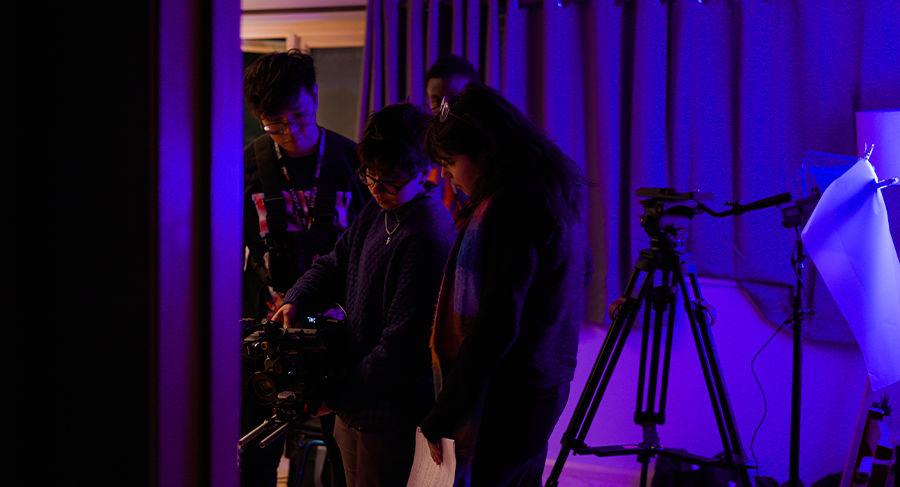
Metfilm School
MA Film and Television Production
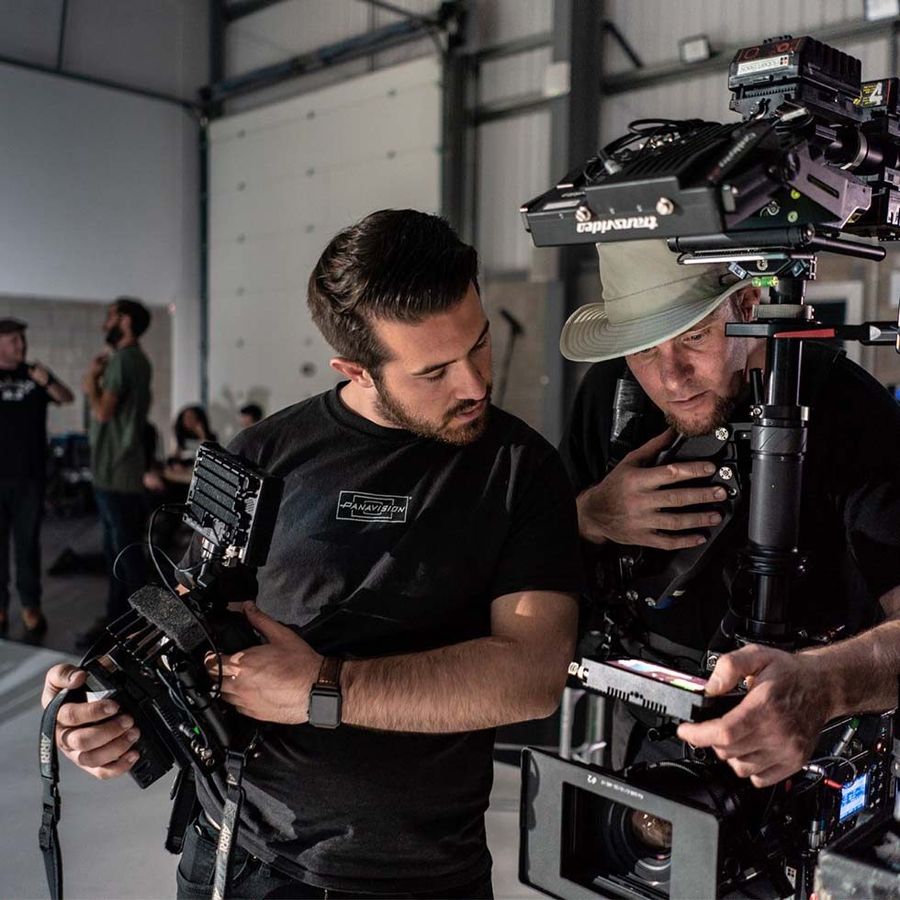
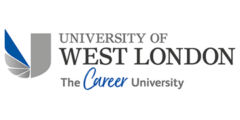
Programme Aims
The ability to produce work of increasing ambition and quality.
Knowledge and skills to be able to realise your creative work ambitions.
Awareness of the screen industries in their present and evolving forms.
An advanced level of understanding of the hard and soft skills and qualities needed to gain on-going employment in the screen industries.
Understanding of the role of research and intellectual enquiry as an integral part of academic development and professional practice.
Appreciation of the historical and theoretical perspectives that inform contemporary screen production and industry.
The ability to actively engage with cultural and political perspectives including diversity, sustainability, and the inclusive workplace in your creative work and practice.

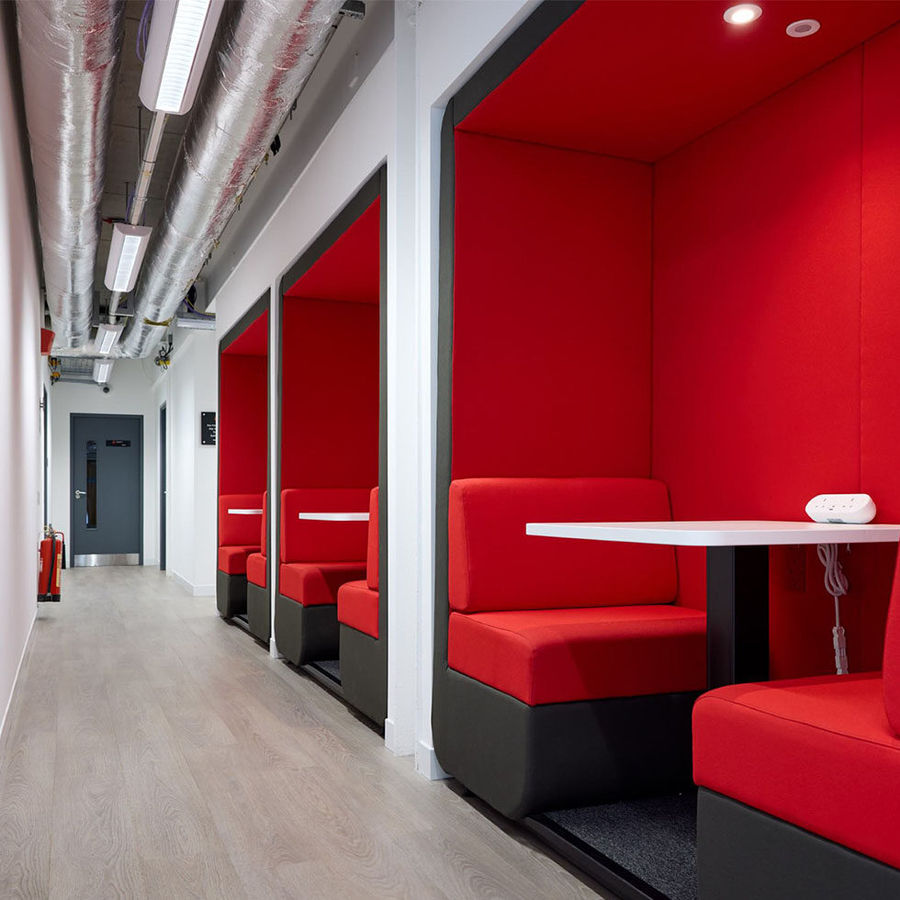
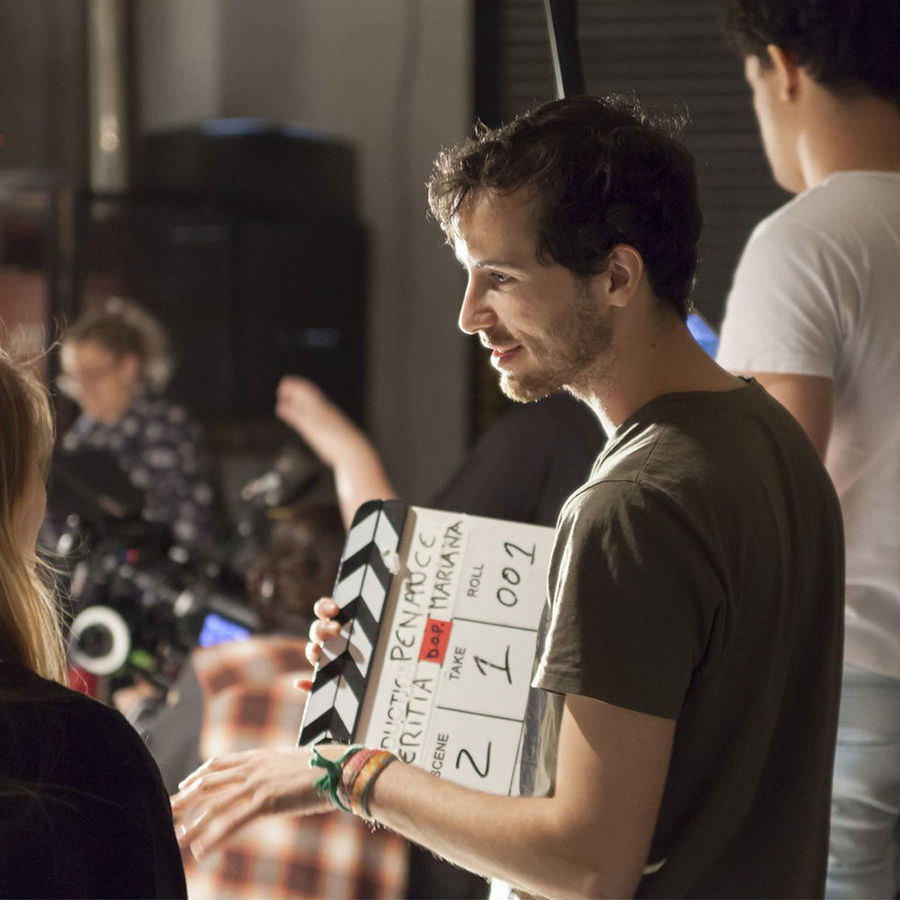

Latest
Latest



